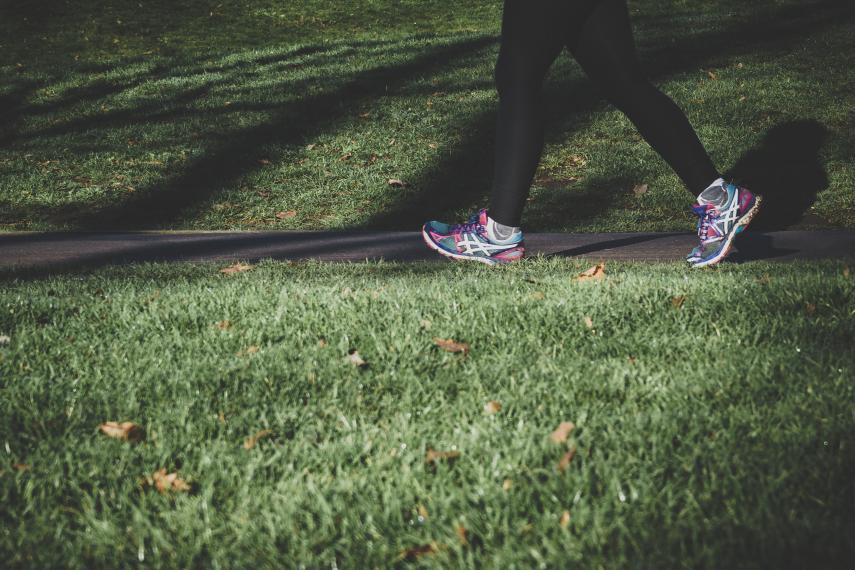Work Out Nutrition

Working out is an important part of a healthy lifestyle. It is also important to consider carbohydrates, proteins and fluids and how each can help enhance your workout.
Carbohydrates help to prevent fatigue while exercising by providing you the energy for your muscles and your brain. About 1-4 hours before you exercise try to include carbohydrate rich foods such as whole grain bread, pasta, fruits such as bananas and apples, or starchy vegetables such as potatoes. Some examples of good pre-exercise snacks are:
- A whole wheat English muffin topped with melted low fat cheese and apple slices
- A slice of whole grain bread with peanut butter and a banana
- Oatmeal with blueberries and almonds
During this time it is also important to drink 250-500mL of fluids and water is usually the best choice. Fluids help to prevent dehydration which may occur from the loss of water and electrolytes while sweating during your workout.
As long as you have consumed the recommended amount of fluids before your workout, sipping on fluids while you are exercising should be enough to replace your water loss. The best fluid to drink while exercising is water however a sports drink may be beneficial if you are exercising longer than one hour. A good sports drink contains 30-60g of carbohydrates/litre, 460-390 mg of sodium/litre and about 78-195 mg/litre of potassium. Following these guidelines will help provide you with a quick energy boost and replace any electrolytes lost.
After your workout, it is best to consume a snack that contains carbohydrates as well as protein. By consuming carbohydrates you will help replenish your glycogen (sugar) stores. Replenishing your glycogen stores helps prevent cognitive exhaustion. Your body only requires 10-20g of protein following your workout to help build and repair your muscles. Amounts exceeding this will be excreted through your urine.
The recommended amount does not need to be consumed using expensive protein powders. Although these powders may assist with recovery they do not have significant sources of other nutrients that your body needs. In contrast to protein powder, milk is not only a source of protein but also a source of calcium, vitamin D, B12 and B2 (riboflavin). After working out consider consuming snacks such as:
- 1 cup of milk (9g protein) with a small bran muffin
- 2 large hard boiled eggs (12g protein) with a handful of grapes
If you drank enough prior to and during your workout, let your thirst guide you on how much fluid you need to consume following your workout. Again, water is a good choice but you could also include white or chocolate milk, 100% fruit juice or a sports drink in order to replace the water as well as electrolytes lost during your workout.
By eating the appropriate food prior to, during and following your workout you can prevent fatigue, dehydration and muscle discomfort which will allow you to continue to work out to your fullest potential. Balancing nutrition and physical activity contribute to living a healthy lifestyle.
Written by Brianne Skinner, SNAP Volunteer (2016)
Discover food and nutrition resources on the SNAP website: https://snapatuofguelph.wordpress.com

